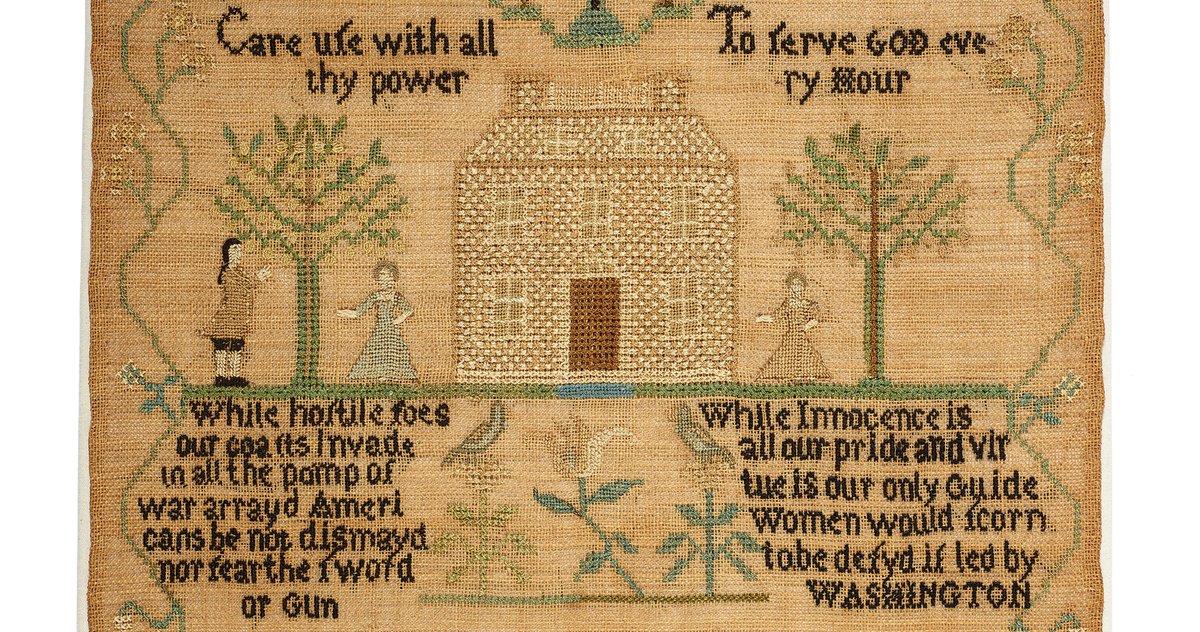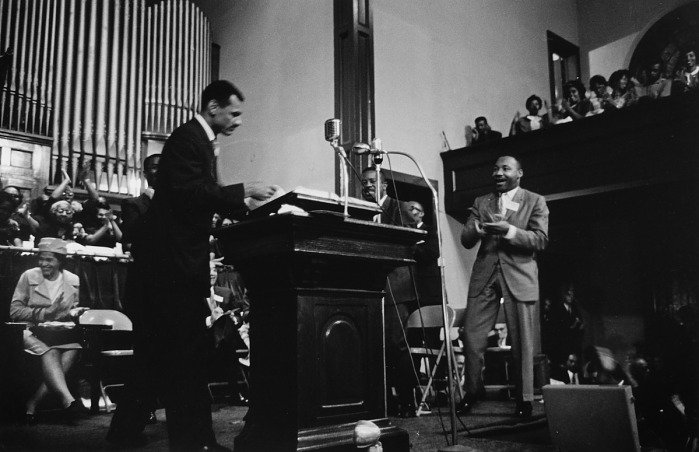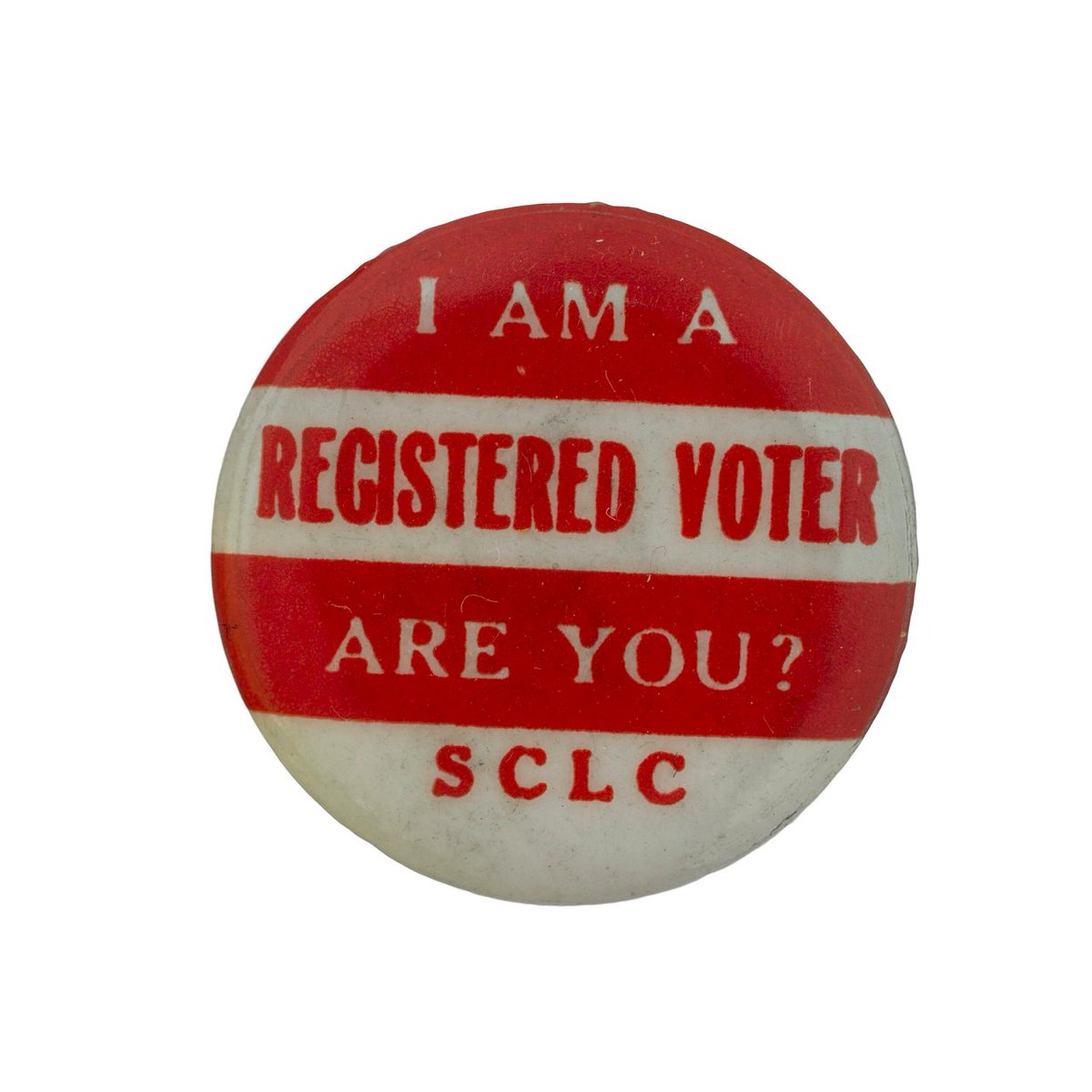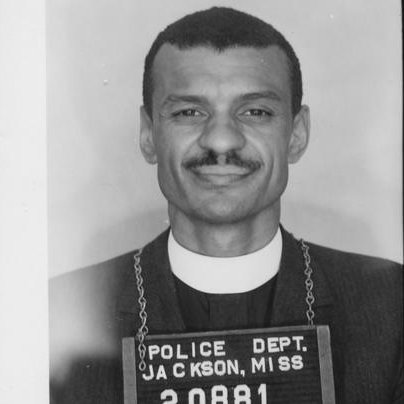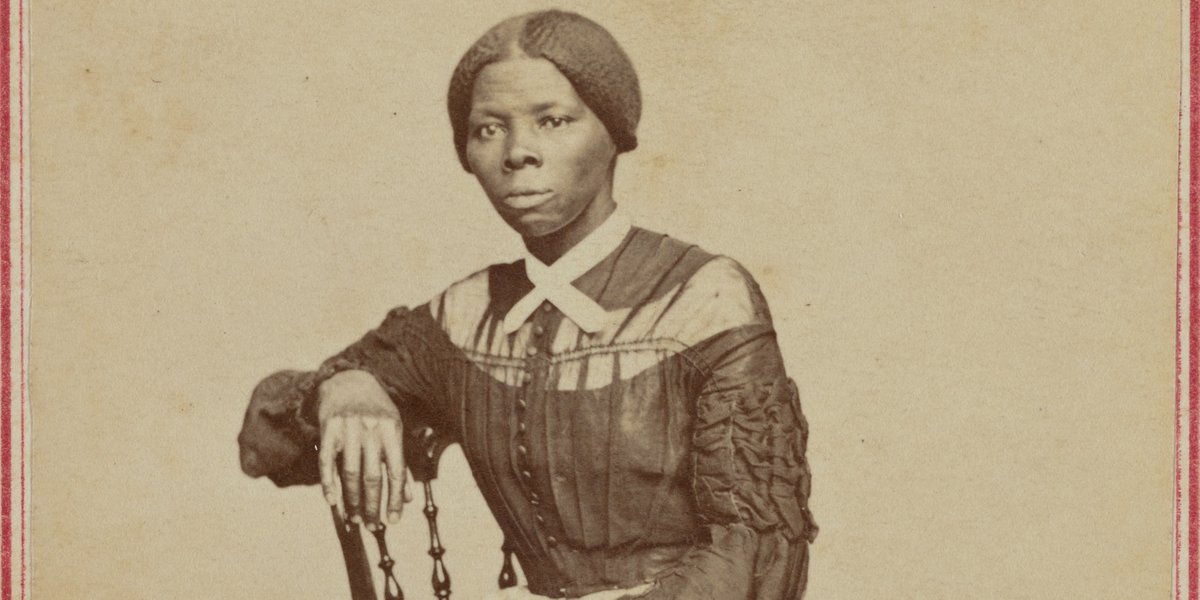
This Filathlitikos B.C., jersey belonged to #Giannis Antetokounmpo, who played for the Greek team during the 2011-2012 season, leading up to his draft by the #MilwaukeeBucks in 2013. @Giannis_An34 



Giannis and his four brothers were raised in Greece by their parents, Nigerians who emigrated to the European country in 1993. Challenged by racism and xenophobia, Charles often struggled to find work, and the family lived in fear of deportation.
Despite the challenges of poverty, including the need to share the same pair of basketball shoes, Giannis and his older brother Thanasis, took up basketball. After being discovered at the age of 13, Giannis made great strides playing junior and professional basketball in Greece.
By the age of 17, word had gotten out about the 6 ’11 youth with tantalizing athleticism and incredible dedication.
In 2013, the Milwaukee Bucks selected Giannis with the 15th overall pick in that year’s #NBA draft. A two-time Most Valuable Player, and five-time All-Star, Giannis led the #Bucks to the NBA championship this year.
After falling behind two games early in the series, Giannis and the Bucks rallied to win four straight games, defeating the Phoenix Suns in game six to become the 2021 NBA champions, the first championship for the Milwaukee Bucks since 1971.
Giannis’ dominant performance throughout the playoffs was recognized with him being named the NBA Finals MVP
Despite incredible successes and international superstardom, the young athlete promises to remain grounded to his roots. "You can just never forget where you came from," Giannis told ESPN.
• • •
Missing some Tweet in this thread? You can try to
force a refresh






